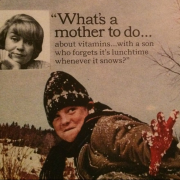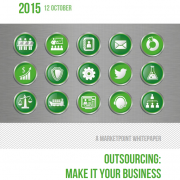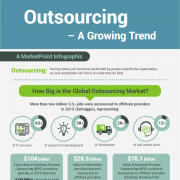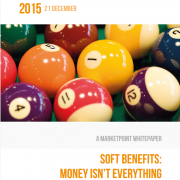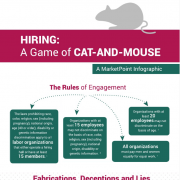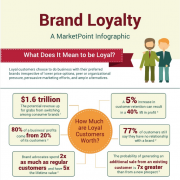Our Extreme Culture: Is There a Way Back?
The language of extremes has become commonplace.
How many times can we be told a movie is “the most poignant drama of our time” or an actor has given “the best performance of his life”? Is there any reason to believe people who tell us an event is “unprecedented,” or a tennis exhibition features the “perfect match-up,” or a piece of jewelry is “one-of-a-kind?” What turned frisbee into “extreme frisbee,” and what distinguishes kickboxing from “ultimate” kickboxing”?
Have we become numb to anything less than shocking? Is this why young people think everything is “awesome?” …Except for exams, in which case they either have to “nail it” or be “literally” crushed.
It seems we’ve reached the point where Facebook ads won’t work without over-the-top language:
- “Woman hugs a homeless man. What happens next? Unbelievable!”
- “Five things absolutely no one knows about Michelle Obama!”
- “Drink a tablespoon of vinegar, every day? The results are amazing!”
- “Plastic surgery completely destroyed this soccer mom’s life!”
Even our Inboxes are filled with extreme claims:
- “Absolutely your last chance to take advantage of Veterans’ Day savings!” (What were the previous “last” chances – antepenultimate warnings?)
- “Avoid these email atrocities!” (Seriously? Email mistakes can be violent, cruel or wicked?)
- “Perfect Weekend Getaway” (Chances are you’ve had better…)
- “Brand New Lucky Charms from General Mills” (Not just “new,” but “brand new.”)
- “Five Sure-fire Ways Guaranteed to Get your Girlfriend Back Once-and-for-All” (Geez! So much for free will.)
Where did this start?
Was it the advertising? I suspect not. In my experience, marketers tend to mimic the language of the markets they target. Far more likely, these trends began in common parlance. When we began exaggerating everything, the advertisers simply followed. In other words, “It’s our fault.” And if that’s true, then promoters will continue to use superlatives until we stop.
Yes, the road home is both straight and well lit: We need to stop responding to extreme claims and improve our use of the language.
But we won’t. And that makes the future of our language look pretty dim.


